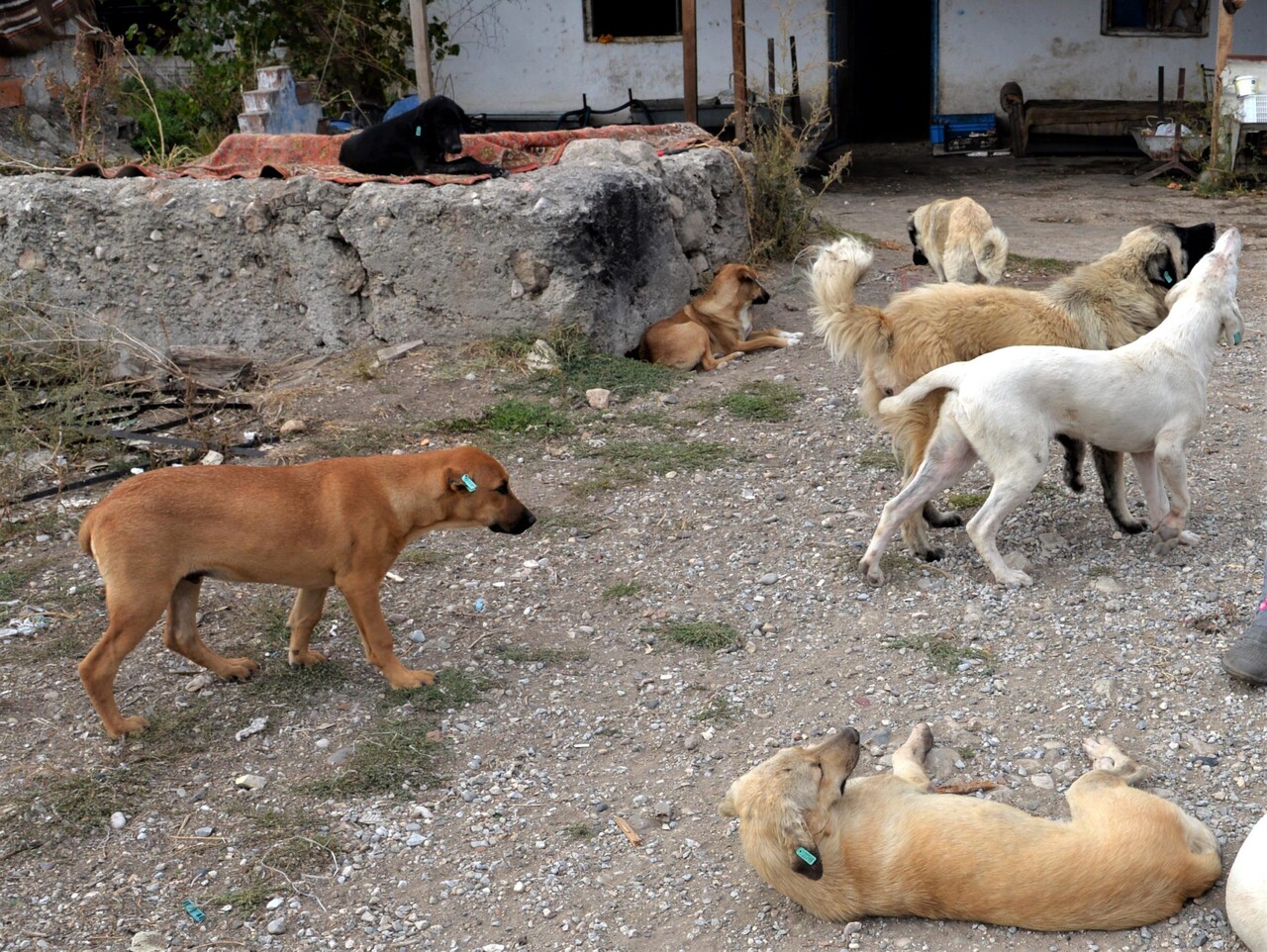Ruling AK Party submits stray dogs regulation to Parliament, includes euthanasia
 One stray dog for every 10 people in Bilecik district, February 12, 2019. (AA Photo)
One stray dog for every 10 people in Bilecik district, February 12, 2019. (AA Photo)
The ruling AK Party submitted a highly debated regulation concerning stray dogs to Parliament on Friday, which includes provisions for euthanasia.
The proposed bill modifies the current “catch-neuter-release” method to a “catch-neuter-hold/adopt” approach. Under the new regulation, captured dogs will be taken to shelters, where they will stay until they are either rehabilitated or adopted.
Euthanasia will be applied to aggressive dogs, those with contagious or untreatable diseases, and dogs whose adoption is prohibited by local authorities.
Additionally, euthanasia will be used if stray dogs pose a threat to public safety, spread diseases from animals to humans or other animals, or cause harm to water resources, wildlife, and biodiversity.
Abandoning stray animals collected on behalf of local authorities or leaving animals sheltered outside the shelter will be prohibited.
The penalty for abandoning an animal will be increased. Additionally, a person who intentionally kills a pet or a domestic animal will be sentenced to six months to four years in prison.
Metropolitan municipalities, provincial municipalities and municipalities with a population over 25,000 will be required to establish animal shelters for the protection, care, and rehabilitation of stray or dangerous animals until they are adopted.
Municipal mayors and council members who do not allocate resources for animals, or who do not use allocated resources for building animal shelters, collecting stray animals, rehabilitating them, or caring for them until they are adopted, or who use these resources for other purposes, will be sentenced to six months to two years in prison.
AK Party Group head Abdullah Guler said, “Our 17-article proposal will be completed in the Agricultural Commission and then in the General Assembly. Looking at the 20-year reports, we see that nearly 2.5 million stray dogs have been neutered and about 550,000 stray dogs have been adopted. However, rabies risk cases have increased.



